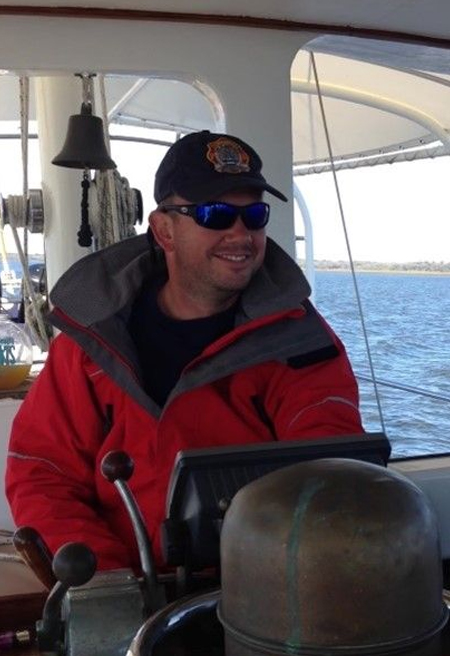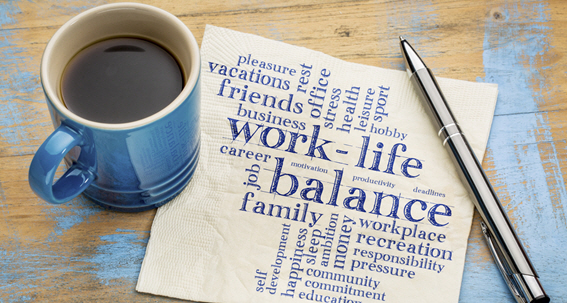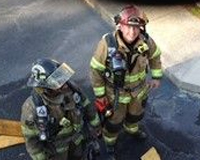 Your life used to work, but it doesn’t anymore.
Your life used to work, but it doesn’t anymore.
You want to make changes – you’re ready for something better.
That’s why you’re here.
Whether you want to restore and grow your marriage or break free from anxiety or PTSD, getting good therapy is about finding solutions that genuinely work to improve your life.
You’ve come to the right place.
Perhaps you tried to resolve these problems several ways before looking for a therapist, but your efforts always ended in frustration and failure.
You’re tired of wasting more time trying things that won’t work. You want to know whether you can actually solve the problem – and, if so, what it will take to solve it.
I can help with that, and you’ll appreciate the difference.
 We’ll take a calculated approach.
We’ll take a calculated approach.
One of the first things you’ll notice when we begin our work together is that we won’t jump right in trying to solve the obvious problems – as tempting as that may be.
Instead, we’ll start with a comprehensive assessment – because complex problems are hard to solve, and you need a really good plan to solve them well.
Problems become more complicated with each added area of life they affect. Issues dealing with relationships, trauma, and anxiety are some of the most complicated problems you could have – precisely because they are entangled with so many other areas of your life.
If your problems were simple, you wouldn’t have them anymore – multilayered complexity makes them difficult to solve well.
But a thorough assessment helps define the problem, its history, and the current context. It also helps identify the underlying issues that may be causing other problems.
Building a viable plan.
We’ll start with the clearest and most comprehensive picture possible so we can attend to the most strategically important aspects of the situation. Once we have the “big picture,” we can make a plan and get to work.
Our work together will unfold in three main stages:
Phase 1: Lining Up for Success Our first meeting will be your complimentary phone consult – our chance to talk through your situation, discuss questions you may have, and see if we’re a good fit. The next step is the first session, where we’ll talk more in-depth about what’s going on and start the assessment process. In the following sessions, we’ll look at the assessment results together, prioritize the issues we want to tackle, and create specific goals and a solid plan for implementing them.
Phase 2: Diving In Deep This is where most of the work happens. You’ll learn new skills, experience some paradigm shifts, and discover better approaches to address your issues. We’ll meet regularly – weekly or biweekly – and you’ll get the satisfaction of seeing change happen in your life as you begin testing your new approach in the real world. You’ll start feeling like you’ve got this – because by now, you really will!
Phase 3: Putting It All Together In your final phase, though you will have mastered the skills you need, you’ll continue to benefit from processing your experiences. This phase is about internalizing all you’ve learned and gaining confidence. The frequency of our meetings will taper off as therapy gives way to coaching.
My aim at this stage will be to work my way out of a job – your final goal is to become confident, competent, and successful at managing the challenges that brought you to me so you no longer need me.
About Sea-Change
 This changes everything.
This changes everything.
I spent a lot of time on boats, and I was always amazed at how quickly and completely a change in the weather can change the experience.
A sea-change is major. It affects everything – not unlike a change in the ocean during a storm – it’s not just different bits and pieces here and there – everything transforms.
The concept of a sea-change also conveys the metamorphosis you’ll experience when your understanding shifts – it’s a paradigm shift that changes everything.
This is the kind of change I want to help you achieve in your life.
Starting on the Front Lines
At the start of my career as a fireman and later as a soldier, I believed that helping others meant helping them physically.
But my perspective changed over time, and I realized there was also a need for helping people work through crisis and trauma.
I started critical incident stress management training, worked with firefighters, and went to graduate school to become a professional counselor.
After finishing my master’s degree in Professional Counseling in 2006, I continued to work in that field and with individuals and couples in a university counseling setting and with couples in a church ministry.
 An Even More Significant Epiphany
An Even More Significant Epiphany
As I worked with clients over the years, I began to see the link between many of the problems people struggle to overcome and their relational abilities, habits, and skills. This seems particularly true in the case of trauma and PTSD – marriage and family relationships are among the first life domains to suffer after trauma.
Intrigued by this connection, I went back to school for a doctorate in marriage and family counseling with a research focus on the interaction between trauma, resilience, and social connectedness.
What I learned through this research yet again shifted my understanding of what it really means to help people. I realized the close relationship between resilience and susceptibility for traumatization and the emotional and behavioral modes learned in childhood.
In essence, trauma is cyclical through generations, but we can interrupt the cycle through developing better relationships – greatly simplified, nevertheless, true.
Creating Your Sea-Change
The mission for Sea-Change Counseling Services is to help you and your partner build a thriving, lifelong relationship and guide you through your relational Sea-Change as you learn to use the ways of the relationship masters to build a marriage that only keeps getting better with time.
I hope that, with better relationship skills, couples can connect deeper and that the ripple effect of their successful relationship will not only benefit them personally, but also impact the people in their families and circles of influence.
About Me
 Effecting My Own Sea-Change
Effecting My Own Sea-Change
My wife and I celebrated our twentieth anniversary not too long ago, and we have been raising our three teenage boys for almost as long. I feel very fortunate that our marriage is working well now, because I must admit that I came into it very uninformed, and things weren’t looking so great in the first few years.
As we both struggled to figure things out, we found excellent guidance and learned the skills for building solid relationships.
Over time, we even learned how to be married! You’d think we’d have figured that out a bit sooner, but many people don’t, and it certainly took us a while.
Navigating the Storms
During these last two decades, I sometimes felt I was going through a never-ending school of hard knocks. Our relationship had to withstand the strains of marital discords and parenting challenges while I went to grad school and worked full time.
Over the years, I gained a tremendous appreciation for how challenging it can be to balance the demands of the outside world with my family’s needs and still remember who I was as a person at the end of the day.

 The New Balance
The New Balance
I still work as a Fire Captain with the Savannah Fire Department, but now I split my time between the firehouse and the counseling office.
When I’m not working, I enjoy spending time with my family, trying new restaurants, woodworking, and pursuing my lifelong obsession with sailing and messing about with boats.
I want to offer the sum of what I’ve learned from years of schooling, research, and fieldwork with couples in therapy, as well as through the trials of my own marriage.
I want to share with you the proven methods that have helped me in my marriage – to help you get the most effective and best solution for your relationship.
Clinical Supervisor: Douglas A. Spears, Ph.D., M.Div., LPC, CPCS, LPCC/s, Director of LifeCHANGE Christian Counseling Services (912-421-8699)

